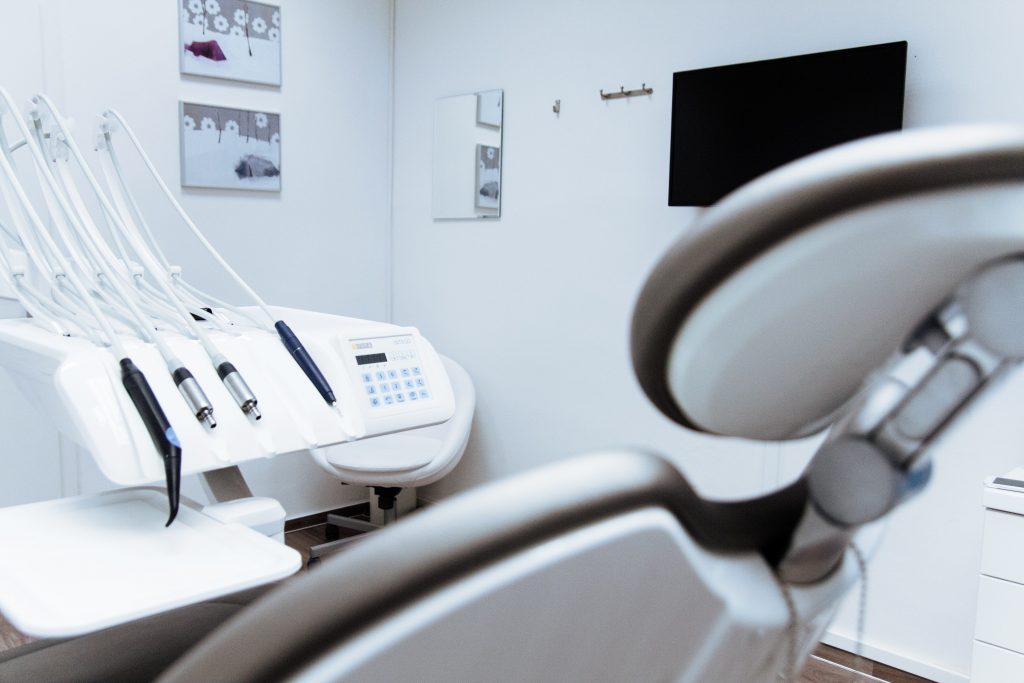
New rules apply this year to taxpayers who want to deduct any type of medical expenses from their tax return. These new rules may affect your return and before you file you should be aware of them. If you seek deductions for your medical or dental expenses, familiarize yourself with the following guidelines.
Gross adjusted income: This tax year your medical expenses must be more than 7.5% of your adjusted gross income in order to claim a deduction.
Itemize: To claim medical or dental expenses, you must specify your deductions. These expenses can not be claimed in a federal tax return by means of a standard deduction.
Payment during tax year: only expenses you paid during 2018 can be claimed. For check payments, the payment date is usually determined by the day on which the check was delivered or mailed, not the day on which it was paid.
Out of Pocket Costs: Any costs reimbursed by insurance coverage or other third party agency shall not be deducted. You can only pay for yourself, your spouse and your dependents for medical and dental expenses.
Qualifying costs: You can deduct any costs related to the diagnosis, relief, prevention or treatment of an illness. In addition, you can deduct premiums paid for medical coverage and long – term health insurance policies. Expenses for prescription drugs and insulin may also be eligible.
Travel: You may be able to deduct any expenses incurred as a result of using public transport, paying tolls or parking, or using an ambulance if you have had to travel to get medical care. If you use your own vehicle, the standard 2018 medical travel mileage rate is 18 cents per miles.
Can’t Double Dip: If you pay a health savings account or a flexible spending arrangement for any medical expenses, you can not deduct them. Payments from these plans are typically already tax – free.

